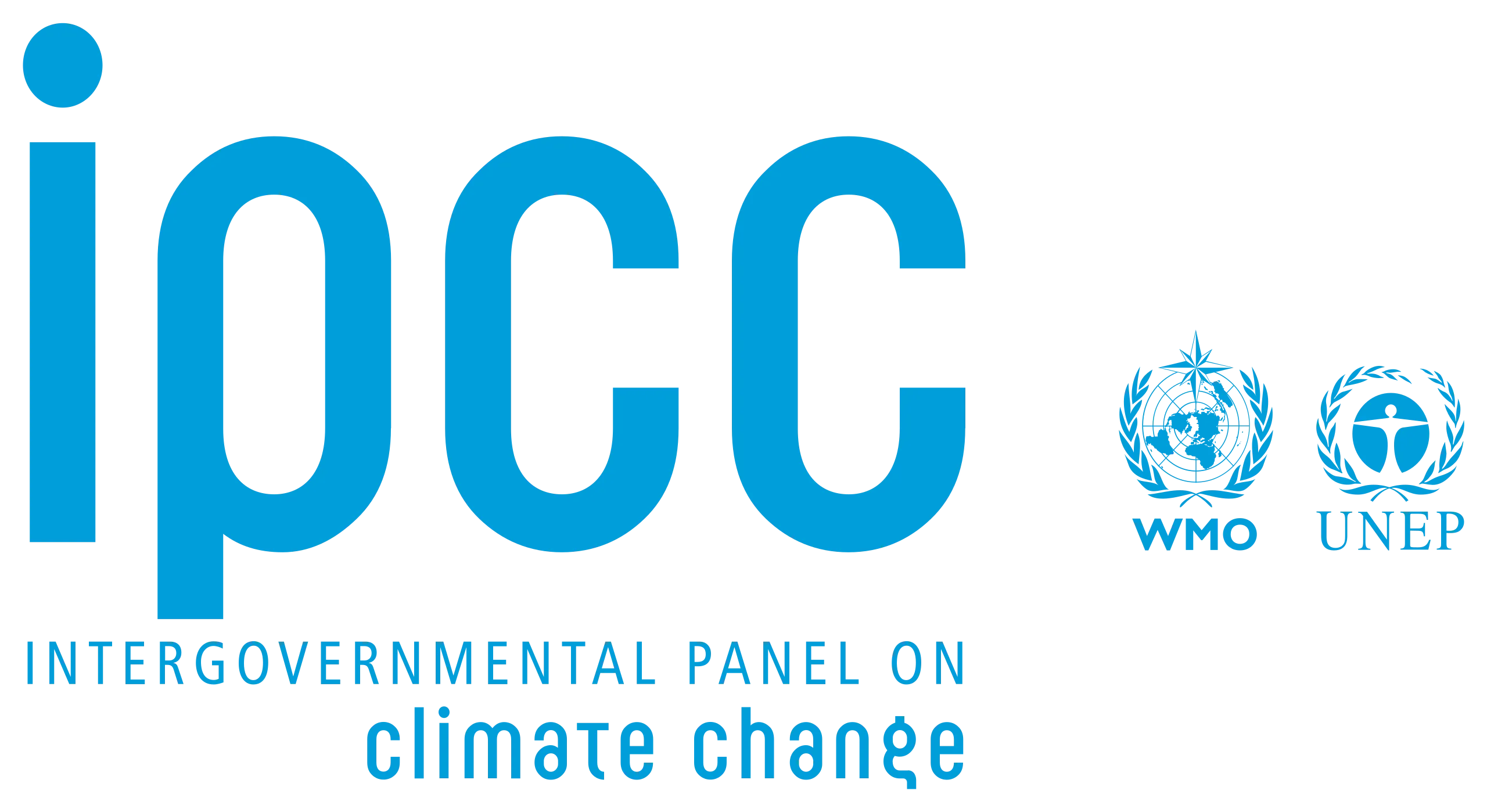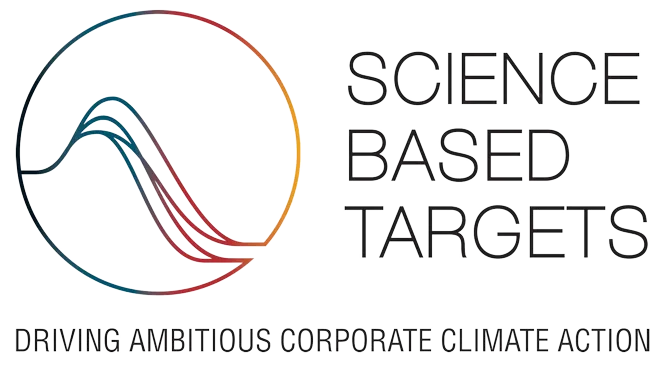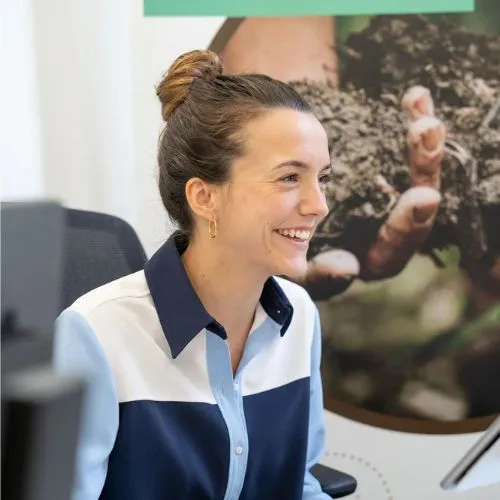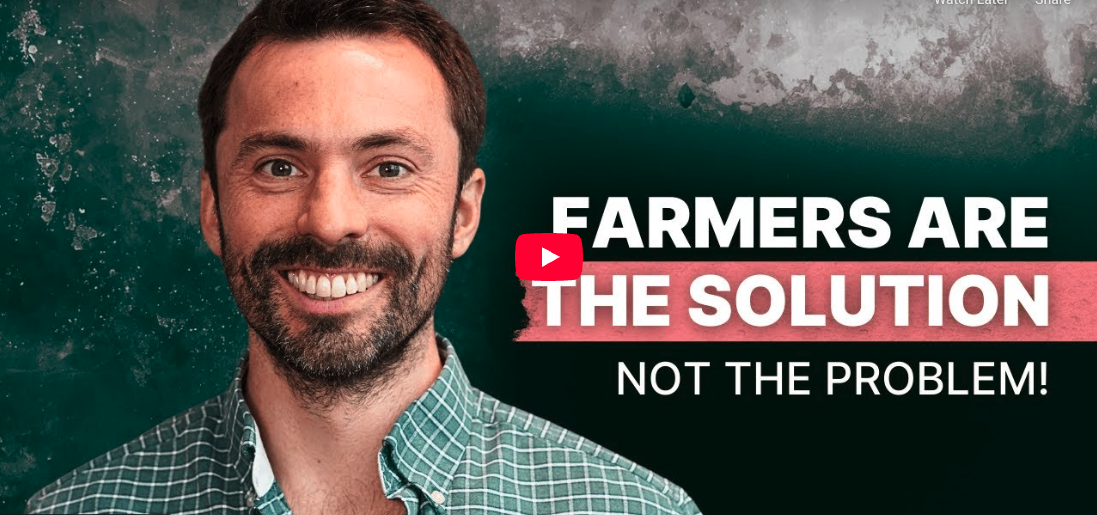Restaurer les sols européens et les écosystèmes qui se trouvent juste sous vos pieds.
Engagez-vous avec les agriculteurs de Soil Capital pour lancer un programme de contribution climatique local.
En savoir plus
Nous vous assistons tout au long de votre parcours de contribution
Soil Capital offre une expertise approfondie dans le domaine de l'agriculture régénératrice ainsi qu'une expérience éprouvée en matière d'action climatique durable.
Étape 1 : Définir l'étendue de la contribution
Nous nous alignons sur un champ de contribution pertinent à la fois pour votre organisation et pour les agriculteurs dans les endroits qui comptent pour vous.

Étape 2 : Investir dans les résultats
Les certificats Soil Capital sont basés sur les résultats. Chaque certificat garantit qu'une tonne de CO2e a été réduite ou stockée par les exploitations agricoles que vous soutenez. Ils constituent une alternative crédible aux crédits carbone pour la compensation.
Étape 3 : Impliquer votre personnel
Donnez vie à la réalité du climat, de la biodiversité, de la sécurité alimentaire et des avantages plus larges que vous permettez en racontant l'histoire des agriculteurs que vous soutenez ou en organisant des visites de fermes en groupe.
Étape 4 : Engagez votre public
Nous vous aidons à communiquer sur l'impact total de vos contributions à l'objectif global net zéro grâce à des données vérifiées et certifiées, du storytelling et bien plus encore.
Découvrez nos études de cas
IBA
En soutenant 40 agriculteurs en 2025, l'IBA a contribué à la régénération de plus de 1 100 ha et à la réduction/séquestration de 1 000 tonnes de CO₂e.

Apporter une contribution locale à la résolution des problèmes mondiaux
Nous vous aidons à maximiser votre impact sur le climat et à contribuer immédiatement à l'objectif global net zéro grâce à un projet d'agriculture régénérative à haute intégrité. Nous avons mis au point un programme solide, éprouvé et axé sur les résultats, qui facilite la transition vers l'agriculture régénérative.
parler à notre équipePourquoi l'agriculture régénérative ?
L'agriculture régénérative protège les sols de la planète et les écosystèmes qui se trouvent juste sous vos pieds !
L'agriculture régénérative est donc l'un des meilleurs atouts pour lutter contre le changement climatique, restaurer les écosystèmes et assurer la sécurité alimentaire à long terme ! En soutenant les améliorations apportées par les agriculteurs, vous contribuez à :
Réduire les émissions de carbone
Soutenir les moyens de subsistance des agriculteurs
Assurer la résilience à long terme de votre région
Rétablir la santé des sols
Protéger la biodiversité
Assurer la résilience des cultures

Partenaire d'un programme à haute intégrité
Notre projet d'agriculture régénérative est :
Robuste et transparent
Local et centré sur l'agriculteur
Basé sur les performances et aligné sur les normes et standards
Notre programme de transition agricole répond aux meilleures pratiques et vous permet de maximiser à la fois l'impact de votre stratégie climatique et sa pertinence pour vos employés, vos clients et vos activités commerciales.





Ils travaillent avec nous




Qu'est-ce qu'un certificat carbone et en quoi diffère-t-il d'un crédit ?
Soil Capital Carbon permet à un agriculteur de vendre des certificats de carbone et non des crédits de carbone. Les certificats que nous émettons sont en fait achetés par deux types d'entreprises.
D'une part, il y a les entreprises agroalimentaires qui achètent des cultures au Royaume-Uni, en France et en Belgique et qui veulent prouver les réductions des émissions de leur chaîne d'approvisionnement.
D'autre part, il y a les entreprises qui ne sont pas liées à l'agriculture et qui utilisent les certificats pour contribuer à la décarbonisation de leur région, mais sans les utiliser dans leur comptabilité carbone. Pour ces entreprises, la différence entre l'achat d'un certificat ou d'un crédit carbone réside principalement dans la possibilité ou non de compenser leurs émissions et de déclarer la neutralité carbone. Les certificats de carbone ne permettent pas à une entreprise de compenser ses émissions et de se déclarer neutre en carbone, alors que les crédits de carbone le permettent.
Quel est l'impact du programme Soil Capital?
Par le biais de Soil Capital , vous aidez les agriculteurs en Belgique, en France et au Royaume-Uni à créer de meilleurs systèmes alimentaires et à piéger le CO2. À ce jour, Soil Capital a rémunéré la séquestration ou la réduction de 150 000 tonnes d'équivalent CO2 en versant 4,2 millions d'euros à 450 agriculteurs.
Quel type d'agriculteur peut rentrer dans un programme de transition ?
Les agriculteurs engagés dans notre programme sont issus de différents milieux agricoles et se trouvent à différents stades de leur transition vers une agriculture régénérative. Qu'il s'agisse de nouveaux arrivants à la recherche de savoir-faire ou d’experts en la matière désireux d’une reconnaissance pour leur travaille, tous sont les bienvenus et peuvent bénéficier de notre programme !
Soil Capital compte aujourd'hui plus de 1 000 agriculteurs dans ses rangs, répartis entre la France, la Belgique et le Royaume-Uni. Nos producteurs agricoles cultivent principalement le blé, l'orge, les oléagineux et les légumineuses, dans des exploitations de plus de 200 hectares en moyenne. Certains se trouvent déjà certainement dans votre bassin d’approvisionnement.
Quelle est la robustesse de votre méthodologie carbone ?
Nous avons développé une méthodologie de certification carbone regroupant différents outils de suivi alignés aux dernières recommandations du GIEC, ceci afin de quantifier au mieux les résultats GES de nos agriculteurs. Nous combinons des techniques de modélisation à l'aide de l'outil Cool Farm Tool (CFT) et des analyses de sol collectées directement dans les champs.
Afin d'affiner notre méthodologie de calcul, un nouveau modèle de séquestration carbone dans les sols ainsi qu’une technologie d’imagerie satellite sont en cours d’intégration.
Des questions ?
Explorons ensemble comment contribuer à l'objectif "Global Net Zero" grâce aux agriculteurs régénérateurs de votre région !




.png)
.jpg)
